Established in 1936, the Charles A. King Trust was created to “support and promote the investigation of human disease and the alleviation of human suffering through improved treatment.” The Charles A. King Trust Postdoctoral Fellowship Program provides funding to postdoctoral fellows and mentored clinician scientists based in Massachusetts in the mid to late stages of their research training in basic and preclinical science, as well as clinical, health services, population health, and implementation research to help them achieve their goals of becoming independent investigators in biomedical research.
There are two distinct programs under the fellowship: Basic and Preclinical Science Awards and the Clinical and Implementation Research Awards. The former invites proposals in the basic sciences seeking to increase our understanding of the underlying biological processes relevant to human health and disease or move findings from basic research towards clinical application. The latter focuses on research involving human studies, including physiological research, behavioral science and health education research, translational research (the application of bench research to patient care), epidemiological research, health services and policy research, outcomes research, and research about healthcare delivery and population health, regardless of specialty or discipline. Both types of awards comprise two-year grants up to $215,000.
The King Fellowship Program is one of the oldest and most prestigious fellowship programs in the nation. It has also become increasingly competitive. In 2023, the program issued 12 awards out of the 130 applications received, a ~9.2% funding rate.
HRiA has been a trusted partner of the founding funders of the Charles A. King Trust since 1958. In this role, HRiA assists with research, strategic planning, program design, management, and evaluation.
Why the King Fellowship supports postdoctoral training
Postdoctoral training covers the time between the completion of the doctorate degree and becoming an independent investigator.
- The postdoctoral period is a highly productive time in an investigator’s career.
- As federal funding and positions in academia become increasingly scarce and difficult to obtain, highly qualified postdocs are limited to fewer opportunities
- This Program fills an expanding funding gap in Massachusetts, providing support to train young scientists for productive and successful careers in scientific discovery.
Impact
Since its inception in 1958, the program has provided support to 994 researchers, approximately 73% of which now hold faculty positions. According to a 2015 evaluation, the King fellows have collectively published nearly 33,000 peer-reviewed research articles that have been cited 1.4 million times, placing them within the top 1% of all biomedical researchers. Awardees have leveraged this funding an estimated 106-fold to garner $3 billion in NIH grant support.
Selected postdoctoral awardees
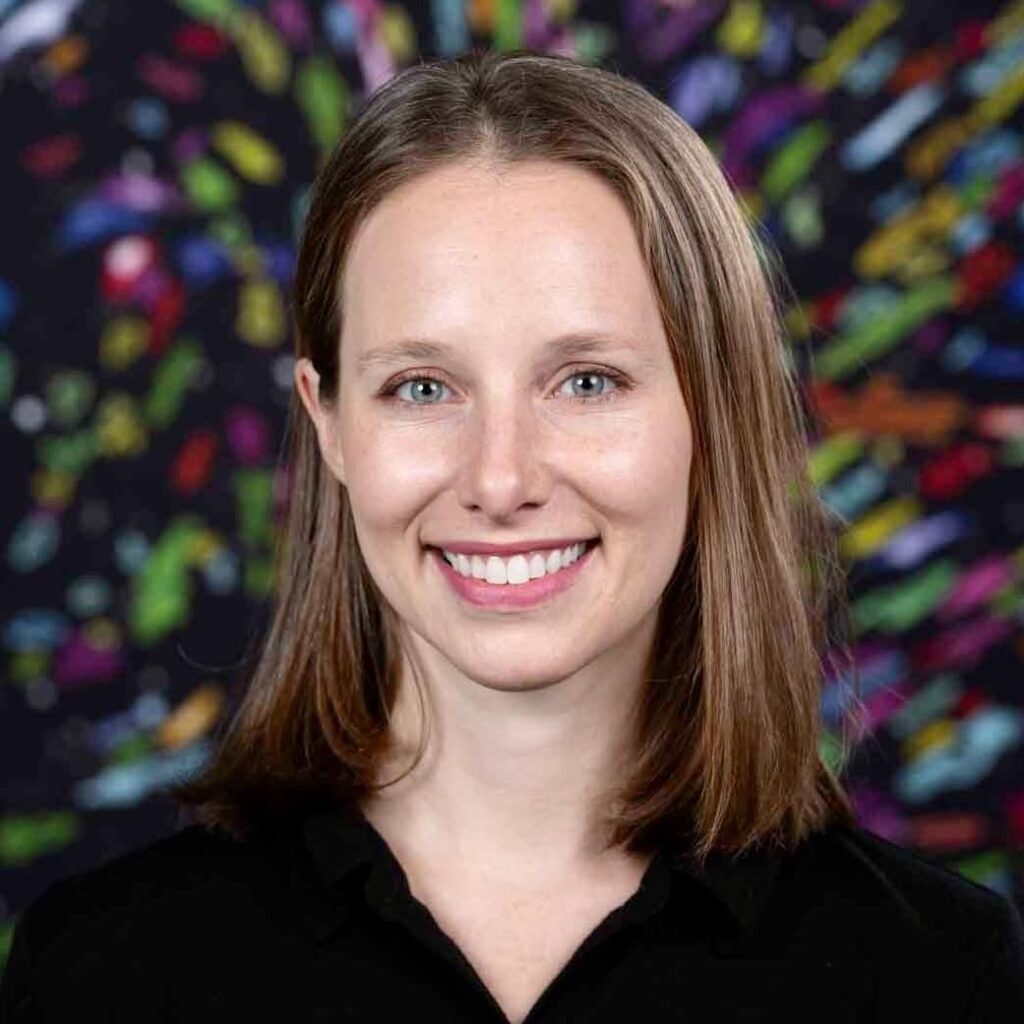
2022 Awardee (Basic and Preclinical Program)
Institution: Massachusetts Institute of Technology
Mentor: Matthew Vander Heiden, M.D., Ph.D.
Project Title: “Metabolic control of protein synthesis by ribosome stalling”
High-level project description: Dr. Darnell’s project aimed to determine the environmental and genetic factors that regulate ribosome stalling, a biological event that has been linked to several diseases such as neurodegeneration and cancer.
Other info: Dr. Darnell has been promoted to Assistant Professor of Pharmacology and Cancer Biology at Duke University School of Medicine where she received a Whitehead Scholar Award. Her work during this award period has contributed to two publications so far, one in Nature Cell Biology and the other in Cell Reports.
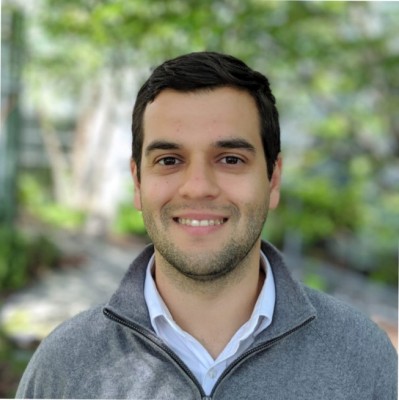
2022 Awardee (Basic and Preclinical Program)
Institution: Massachusetts General Hospital
Mentor: Benjamin Kleinstiver, Ph.D.
Project Title: “Development of CRISPR-based Genetic Cures for Spinal Muscular Atrophy”
High-level project description: Dr. Alves’ project aimed to utilize novel genome engineering technologies for development of treatments for Spinal Muscular Atrophy (SMA), the leading genetic cause of infantile death worldwide.
Other info: Dr. Alves has a manuscript in Nature Biomedical Engineering, received an NINDS K01 award to continue this work, and has been promoted to Assistant Professor in Neurology at Massachusetts General Hospital.
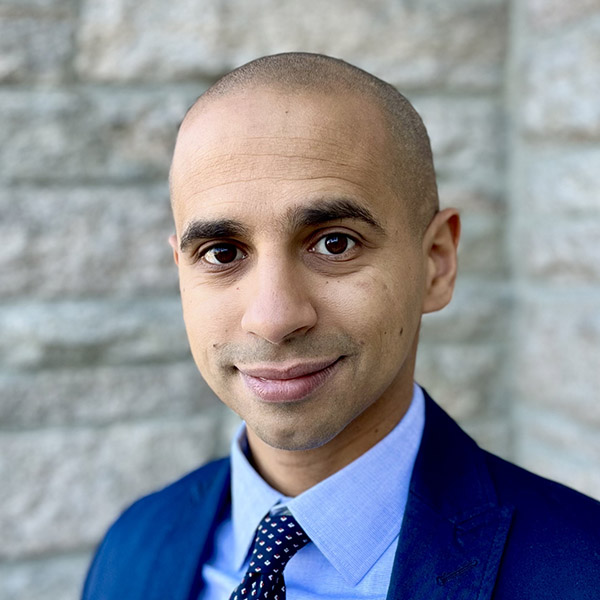
2021 Awardee (Clinical and Implementation Program)
Institution: Brigham and Women’s Hospital
Mentor: Kenneth Freedberg, MD MSc.
Project Title: “Reducing the burden of liver cancer in sub-Saharan Africa by treating chronic hepatitis B infection”
High-level project description: Dr. Mohareb’s project aimed to reduce the burden of liver cancer in resource-limited countries by using a computer simulation model to determine the clinical impact of expanding hepatitis B treatment which is the leading cause of liver cancer.
Other info: Dr. Mohareb had two manuscripts result from the award, one published in the Journal of Infectious Diseases and another in the Lancet HIV. Dr. Mohareb received an NIH/NIAID K01 award, and has been promoted to Assistant Professor of Medicine, and Director of the Research Program on Humanitarian Action, Global Migration, and Infectious Diseases at Massachusetts General Hospital.
Major contributions to the field
Among nearly 1,000 esteemed awardees are several who went on to earn the Nobel prize:
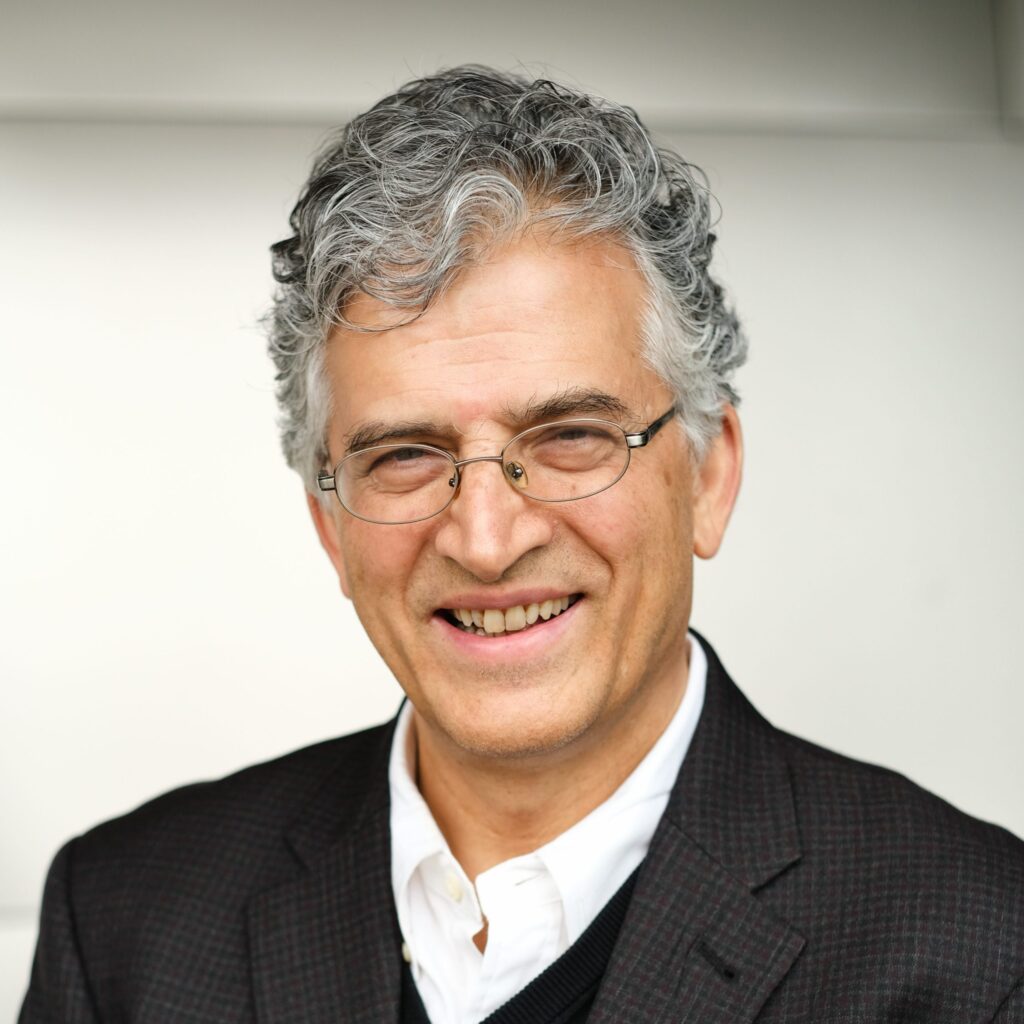
Dr. Vijay Kuchroo (1988 – 1990) is a leader in the world of immunology, notably for his work on transgenic mice to serve as animal models for human multiple sclerosis. Among his many contributions, he was the first to describe the inhibitory receptor TIM-3, which is being exploited as a target for cancer immunotherapy. In 2014, he received the Nobel Laureate Peter Doherty Lecture/Prize.
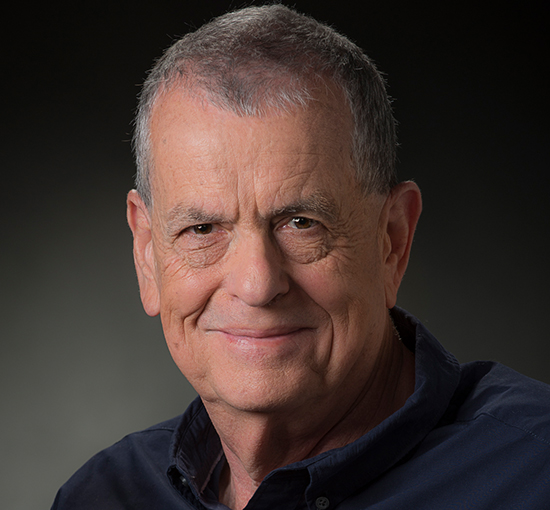
Dr. Aaron Ciechanover (1983-1984) is a biochemist who investigates cellular mechanisms that mark proteins for degradation. His discovery that the regulatory protein ubiquitin attaches to a target protein in order to control its degradation made him world famous and for which he and his colleagues were awarded the Nobel Prize in Chemistry (2004).
Looking ahead
Today, the King Fellowship Program supports the next generation of scientific leaders who are dedicated to creating a diverse, equitable, and inclusive research environment, and who contribute to the wider research community and promote positive research culture. The program’s application cycle runs annually, opening each December with proposals due at the beginning of March.
Resources
Leadership
Looking to make an impact?
We collaborate with foundations, trusts, and other funders to create the greatest impact on health.


